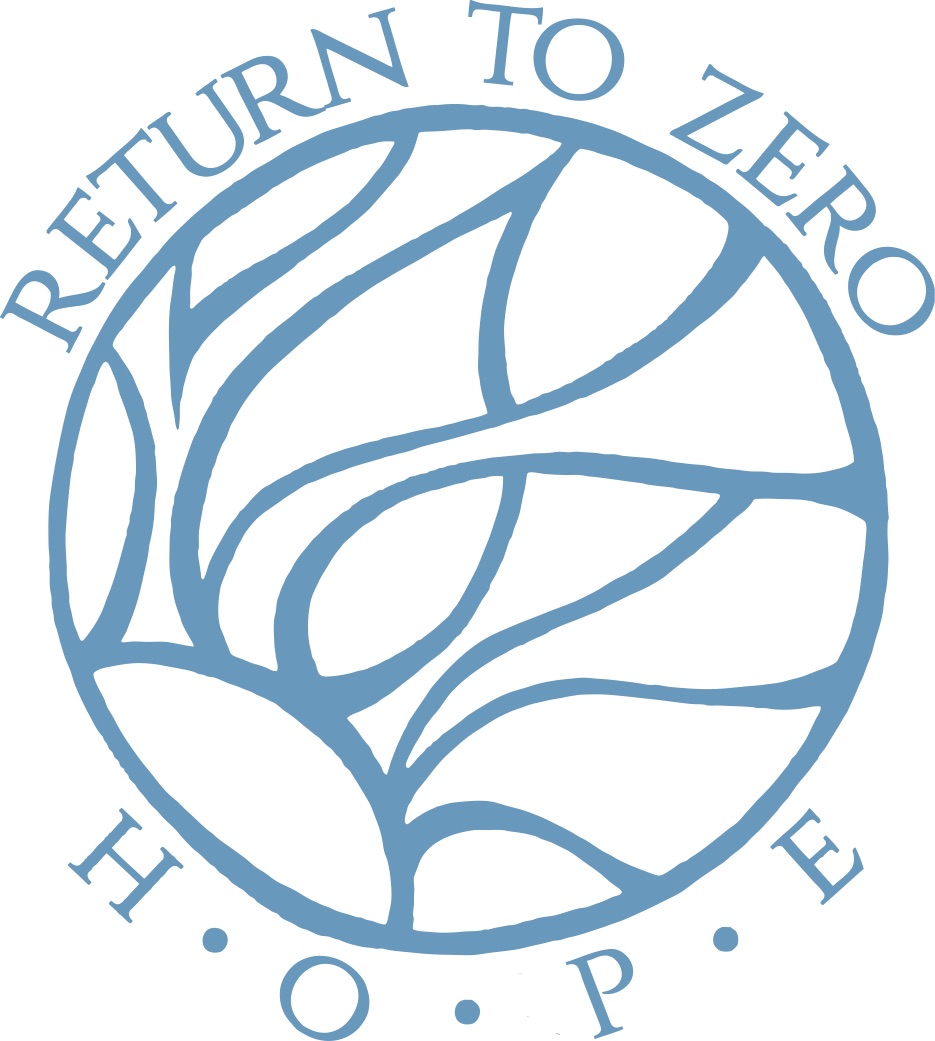Basic Information about Pregnancy Loss and Infant Death
DEFINING THE TERMS
The terms "stillbirth," "miscarriage," and "neonatal death" are often misunderstood if they are understood at all.
Miscarriage is an early pregnancy loss, occurring before 20 weeks gestation. (United States)
Terminating a wanted pregnancy for medical reasons usually happens during the 2nd trimester (but can occur in the 1st trimester) and a baby has received a life-limiting or fatal diagnosis. The parents have to make the decision whether to continue the pregnancy. This also occurs when a rare pregnancy or other health complications pose a notable threat to the mother's life if she continues the pregnancy.
Stillbirth ("fetal death" or "fetal demise") is the birth of an infant that has died in the womb after 20 weeks of gestation. (United States)
Neonatal death is when a baby dies in the first 28 days of life.
BASIC FACTS ABOUT PREGNANCY & INFANT LOSS
1 in 4 pregnancies end in loss—however, the number may be as high as 50% (Jaffe & Diamond, 2011).
Approximately 24,000 babies annually will be stillborn (>20 weeks gestation). An additional 23,000 infants will die within the first 28 days of life (MacDorman & Gregory, 2015).

